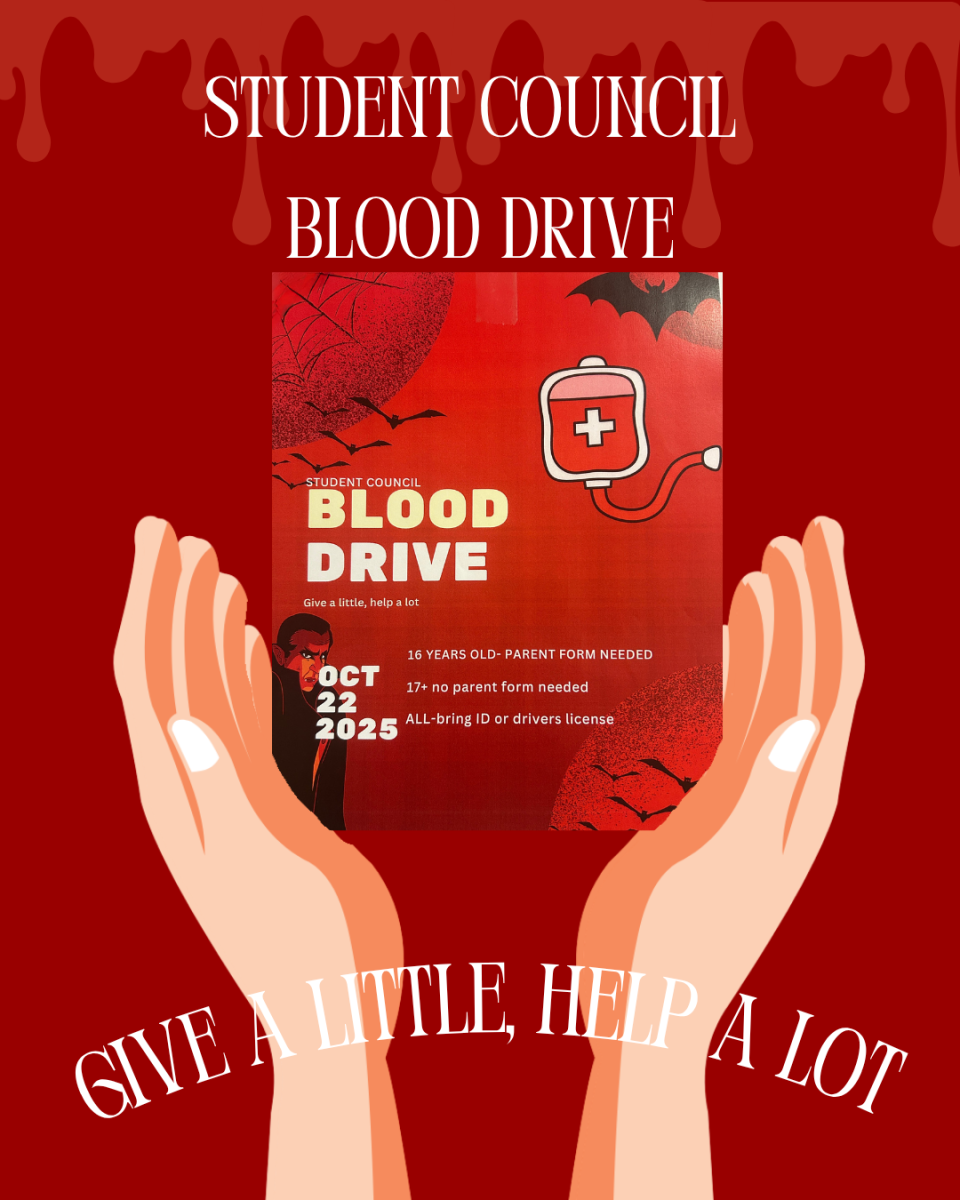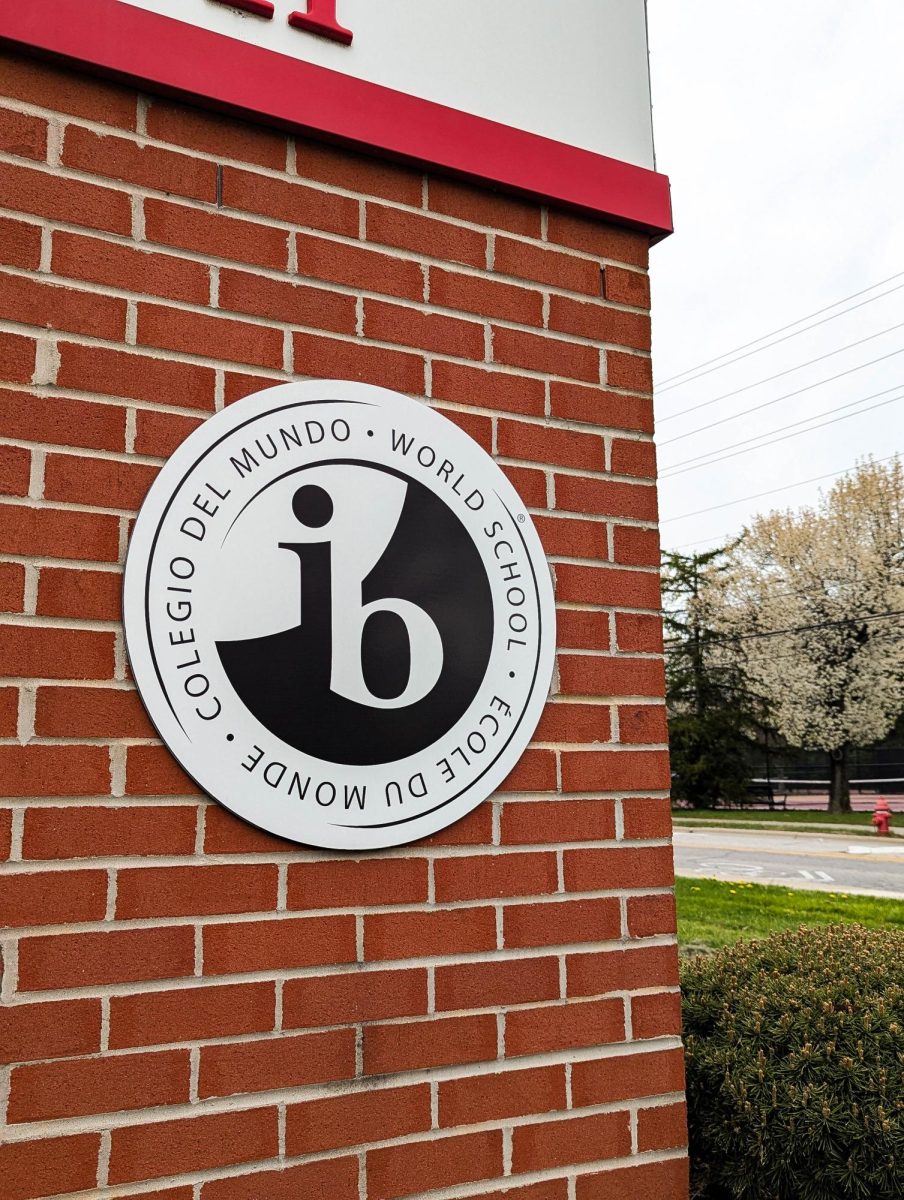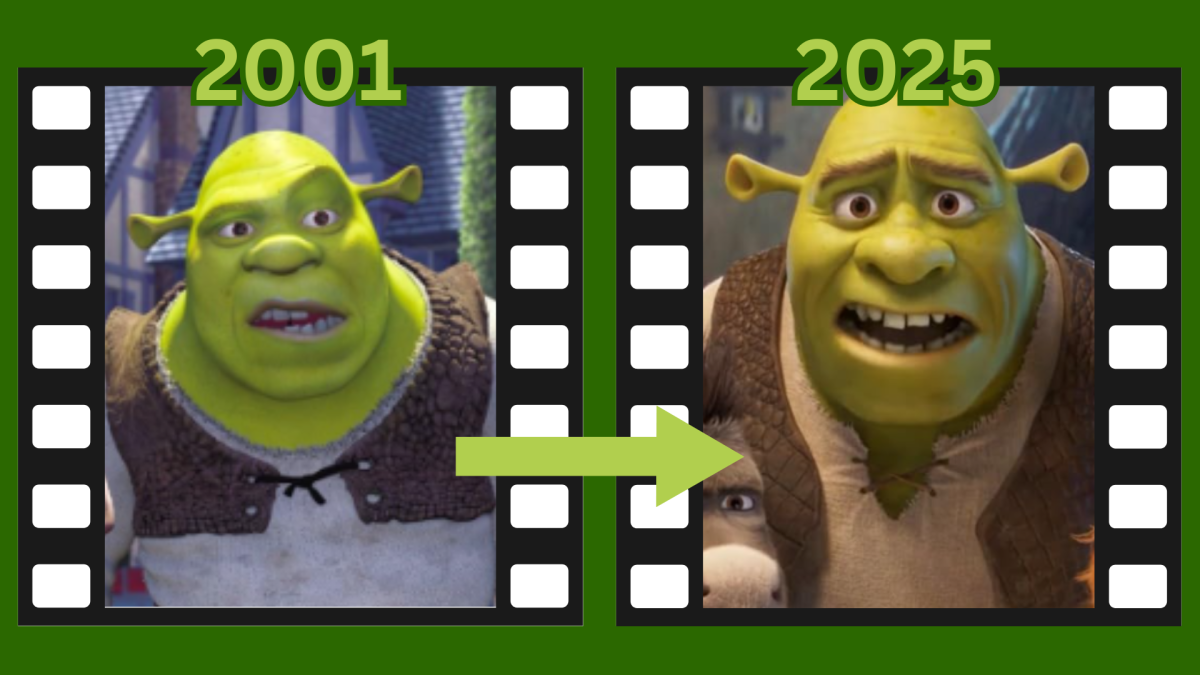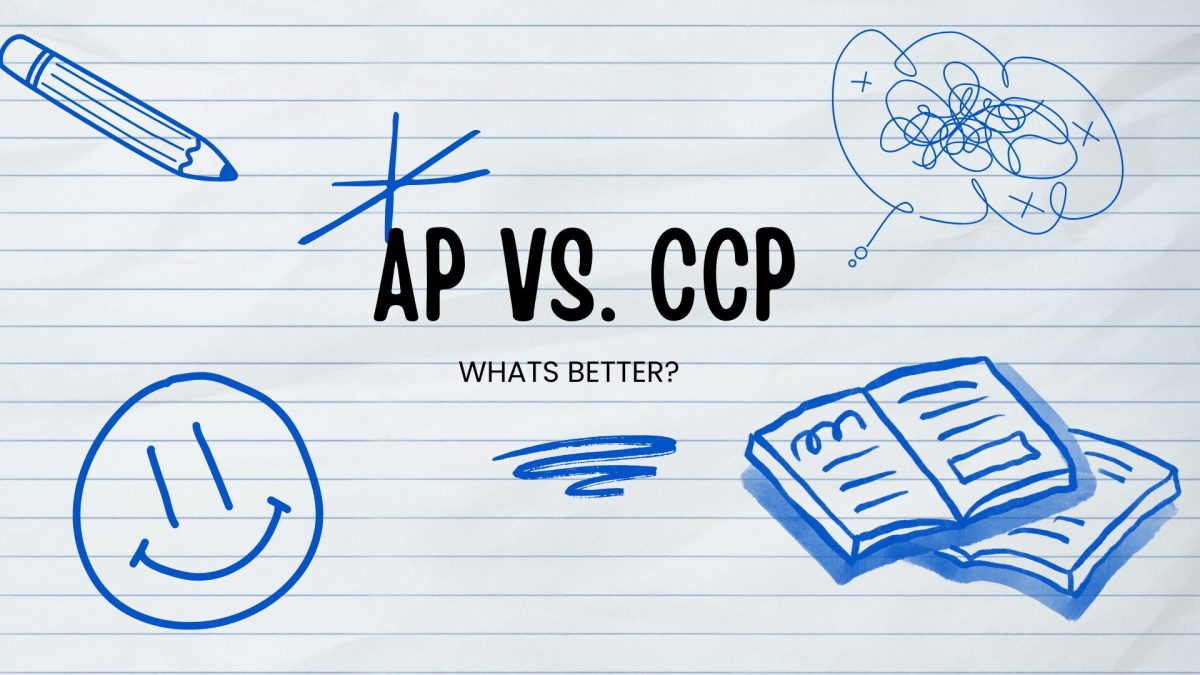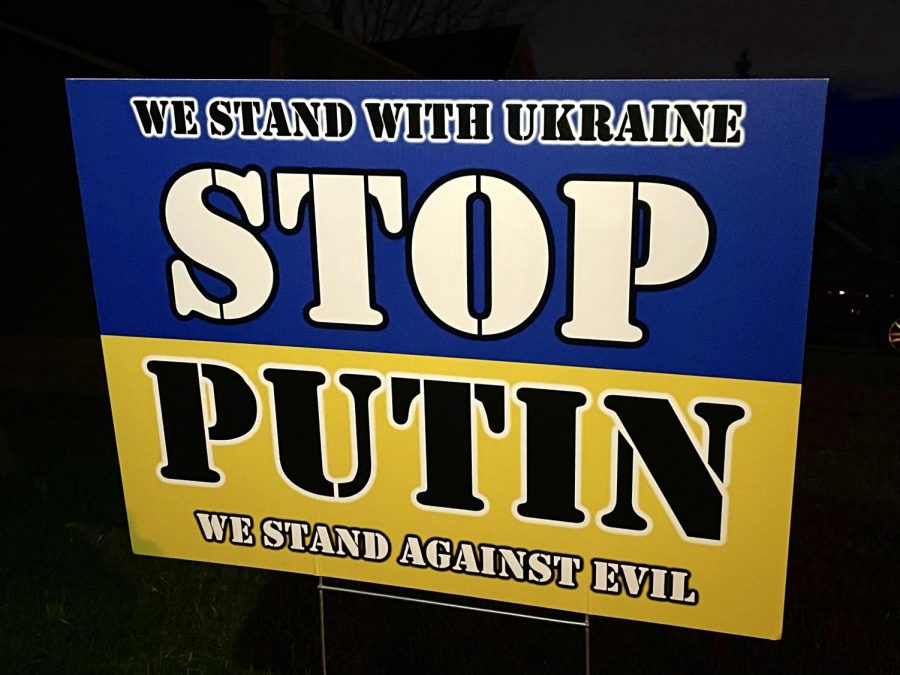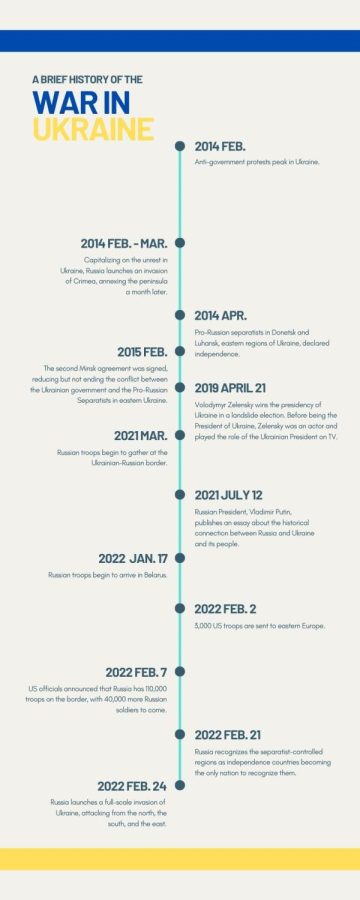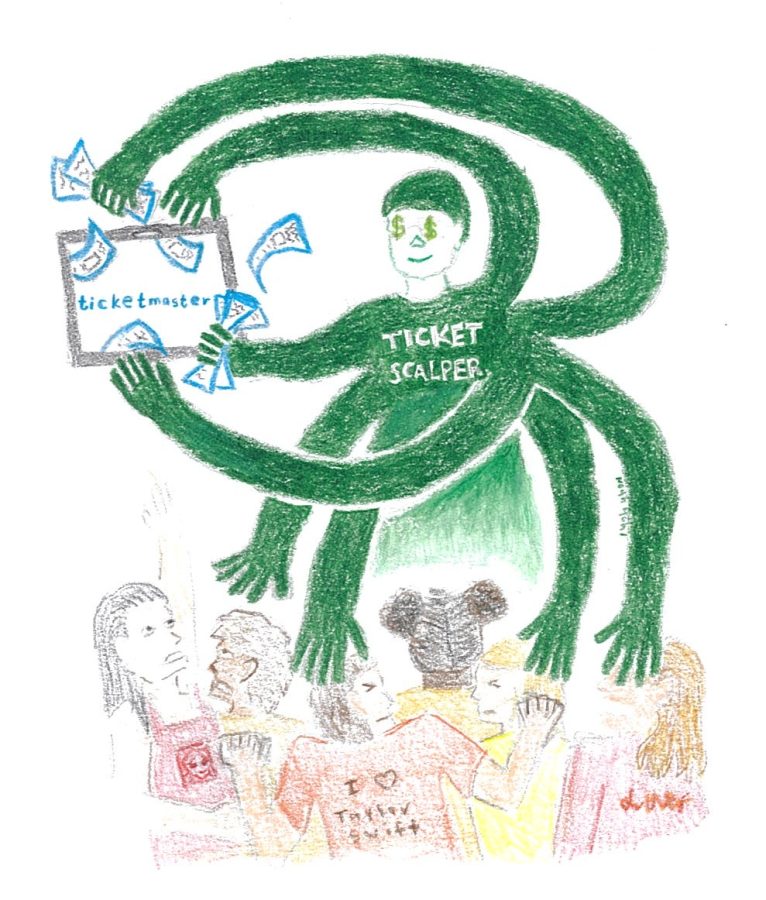On Thursday, February 24, Russia shocked the world when it invaded the Eastern European sovereign country of Ukraine. In 2014, Russia invaded Ukraine, the Russian Federation annexed the Crimean Peninsula causing conflict in the eastern regions of Ukraine. Fighting between the Ukrainian government and Russian-backed separatists along with Russian militants has been continuous since the Crimean invasion.
For Westerville North student, Nadiia Bielozub (12), the war in Ukraine hits close to home as she was born in Ukraine.
“We used to travel [to Crimea] on vacations,” Bielozub said. “It’s surrounded by sea so there are some pretty beaches there.”
At the age of 10, Bielozub left Ukraine before the start of the Russian invasion of Crimea, leaving behind family and friends.
“I couldn’t sleep at all at night, and I couldn’t eat. Because I was constantly worried about everyone there,” Bielozub said.
Bielozub has a grandmother in Kyiv. Every week, Bielozub calls her grandma on the phone, who is currently hidden in a bomb shelter. Her grandmother tells her of the air sirens in Kyiv and the fighting in the streets.
History teacher, Dr. Ben Hartnell, understands the impact that historical events like this have on the world.
“No one wants to see the mother huddled in a bomb shelter with her child,” Hartnell said.
In light of the recent Russian attack on Ukraine, America has imposed a levy of sanctions on the Russian economy. The greatest ban being the import of oil. President Joe Biden signed an executive order on March 8 banning the import of all Russian cruise oil. Some European countries like Germany have yet to ban Russian oil as they are heavily reliant on Russia for their source of energy.
Ukraine and Russia are also major producers of wheat and barley—supplying a high percentage to countries in the Middle East and North Africa. 90% of Lebanon’s import of wheat comes from Ukraine and Russia (Russia, Ukraine, and Food Supply: Look at the Prices). Due to the war, the price of wheat and barley will go up, therefore lower-income countries are the ones that will feel the brunt of this impact.
Peace talks have been held between diplomats of Ukraine and Russia with little progress being made.
“In terms of peace, I think there will be some sort of armistice or ceasefire. But I don’t know at this point in time what conditions will need to be met for peace,” Hartnell said.
The Russian invasion came with a shock, leaving questions unanswered in the public’s mind.
“People need to know more about the situation [in Ukraine]” Bielozub said.


